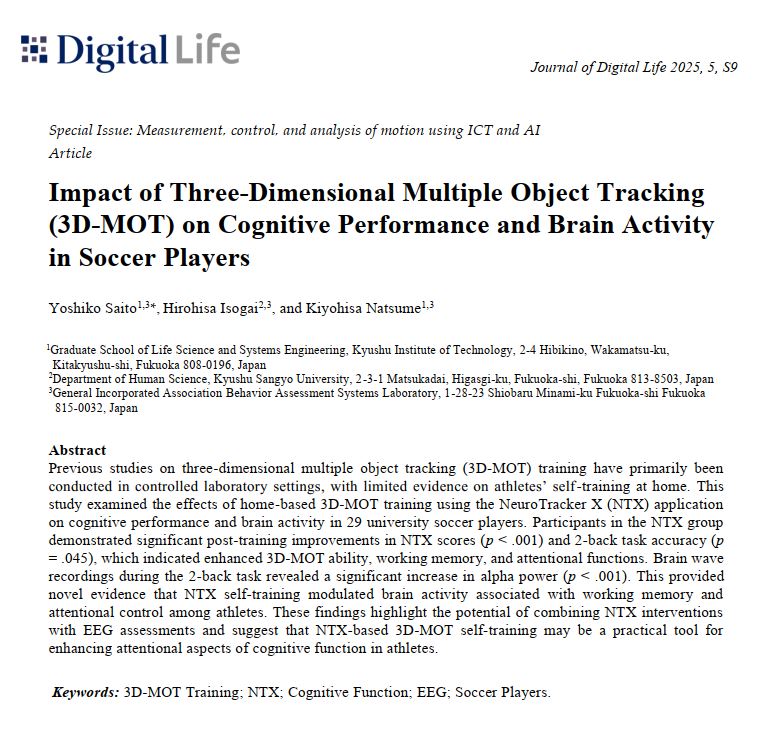Welcome to the Research and Strategy Services at in today's fast-paced.


If you’ve aware of the ‘microbiome’, then you may have heard biologists and neuroscientists saying that it’s a big deal for our health. In fact, more and more research is showing that the trillions of bacteria in your gut affects you in myriads of ways.
These bacteria are known to regulate the immune system, process nutrients, deal with infection and manufacture neurochemicals that influence brain function. It’s now believed your microbiome could even be guiding your behavior and mental status. So let’s take a look at how the evolving science on the gut, might just change the way you look after your cognitive health.
Not many years ago it would have been considered pseudoscience to suggest that the tiny creatures dwelling in our intestines could influence our minds. However, in the past few years, research is discovering strong evidence that the gut’s microorganisms influence mental health and cognition as a two-way system. Christopher Lowry, PhD, an associate professor of integrative physiology at the University of Colorado Boulder, explained,
"We refer to this as the microbiome-gut-brain axis, and that axis is bidirectional. The microbiome and gut are communicating with the brain, and conversely the brain is communicating with the gut and the microbiome."
In terms of the mechanisms, it has been found that gut bacteria can generate metabolites that circulate through blood into the brain. These can influence neural function and inflammation (a key factor in many brain diseases) via immune-signaling molecules and cells, transported up from the body.
For this reason neuroscientists are dubbing the gut as a ‘second brain’. Collectively weighing around the same amount as your brain, the two are intricately networked through the enteric nervous system – a neural superhighway that directly exchanges neurotransmitters. The catch is that these influences are complex and vary from person to person, so there is still a lot to learn.
Human studies have demonstrated that people with gastrointestinal disorders, such as IBS, have much greater chances of having psychological problems such as bipolar disorder, depression, schizophrenia and autism spectrum disorder.
One study at Chongqing Medical University in China found that patients with major depressive disorder had gut bacteria that were significantly different from healthy people. In an interesting twist to show a causal relationship, the researchers actually took fecal matter from the depressed patients and transplanted them into mice (fecal-microbial transplant). Remarkably the mice showed more depression and anxiety than mice that receiving transplants from healthy people.
As more gets revealed on the true power of the the gut-brain connection, scientists are now looking to actually treat psychiatric and behavioral disorders with dietary changes or ‘psychobiotic supplements’. The goal is to improve the balance in our microbiome composition in ways that improve our health at a more holistic level.
In initial studies with aging rats, treating the gut with probiotic transplants over three weeks reduced inflammation in the brain, and boosted memory functions. Other scientists are conducting research to find specific psychobiotics that could improve mental health in humans in specific ways. So far these have been showing promise, but there is still a long way to go before they could become off-the-shelf products.
That said, a much simpler approach is to introduce dietary changes to compensate for imbalanced microbiomes caused by modern diets. Surprisingly there are indications that such imbalances can be passed down from one generation to the next. As probiotic diet changes are relatively simple and safe to do, it could be something that clinicians will start to encourage as soon as there is sufficient evidence.
A really interesting alternative prospect, is to leverage the bidirectionality of the gut-brain axis, by using psychological therapy to improve gut health. A study using cognitive-behavioral therapy (CBT), showed preliminary evidence of reducing irritable bowel syndrome (IBS). Adding credence to this approach, analysis of the participants’ microbiome effectively predicted who would respond best to the therapy.
Perhaps most compelling is that in responsive patients, the CBT intervention measurably changed the composition of their microbiota. Jeffrey Lackner, PsyD, at the University of Buffalo, who ran the study summarized,
"That suggests a top-down effect. If you change autonomic nervous system activity by decreasing anxiety and increasing coping skills, the signals get from the brain down to the microbes in the gut. It’s not just the microbes talking to the brain. The brain has a big part in this conversation as well."
So, although the science is still evolving, there is a lot of potential to improve human health by looking after the microbiota that look after us.
If you found this topic interesting, then check out our previous blog.







Welcome to the Research and Strategy Services at in today's fast-paced.

You improved your sleep — but your focus didn’t change. This guide explains how circadian timing, cognitive load, and recovery patterns influence attention beyond sleep duration alone.

If your thinking feels slower than usual, it doesn’t automatically mean something is wrong. This guide explains common short-term causes, normal cognitive variability, and how to interpret changes calmly over time.

Many professional roles require cognitive performance to be sustained over long periods rather than demonstrated briefly. This article explains how sustained cognitive load shapes performance in knowledge-work and monitoring environments.
.png)